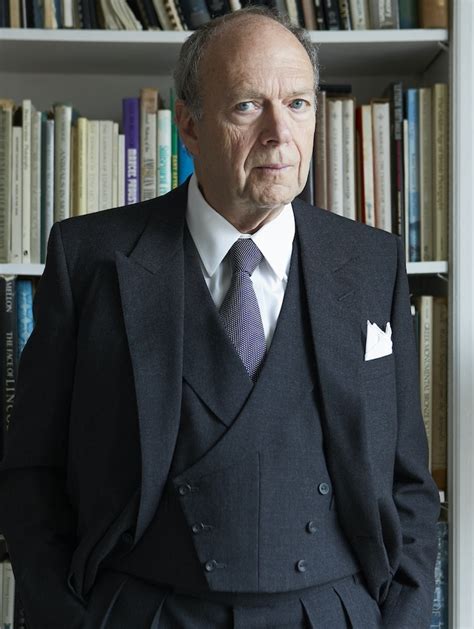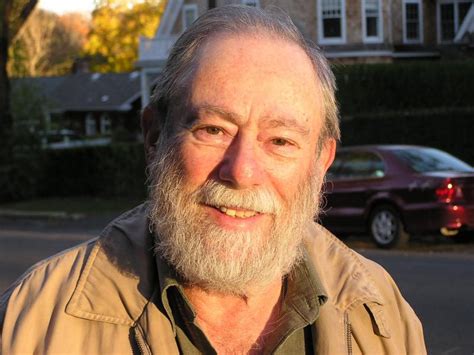A Quote by Frederick Seidel
Sometimes you finish the poem, and that last piece clicks in place. Sometimes the poem is finished with you.
Related Quotes
The subject of the poem usually dictates the rhythm or the rhyme and its form. Sometimes, when you finish the poem and you think the poem is finished, the poem says, "You're not finished with me yet," and you have to go back and revise, and you may have another poem altogether. It has its own life to live.
The poem builds in my mind and sits there, as if in a register, until the poem, or a piece of a longer poem, is finished enough to write down. I can hold several lines in my head for quite some time, but as soon as they are written down, the register clears, as it were, and I have to work with what is on the paper.
I was walking every morning, and I'd take my iPod and paper and pen.?As I walked, I wrote a poem, and then I'd come home - and sometimes it's legible, sometimes not - I typed the poem up. So I have a new, yet to be published, collection of poems now. It's called Walker's Alphabet, and among other things, it is about walking. My most recent collection of poems in 2010, incidentally, was titled WALKING backwards.



































